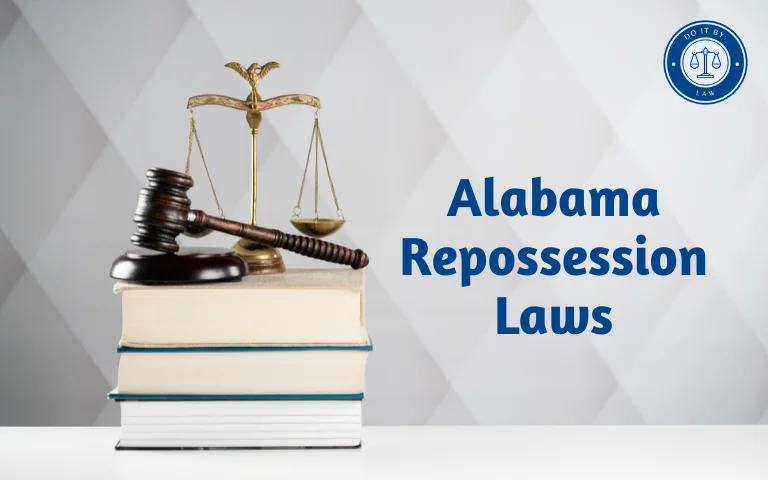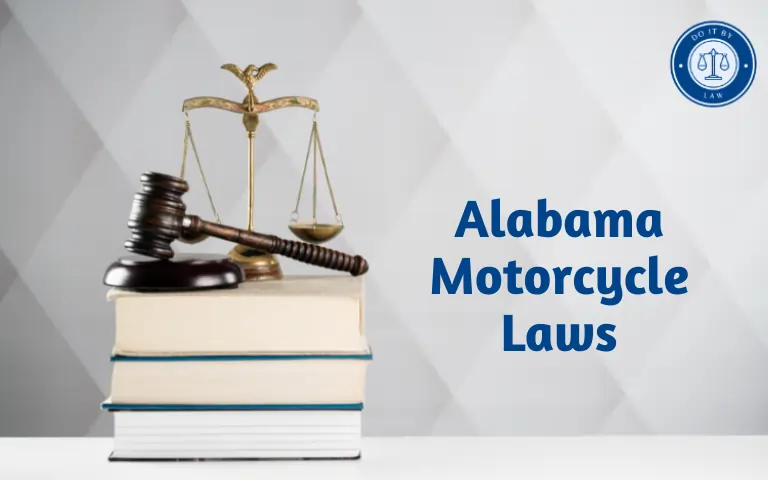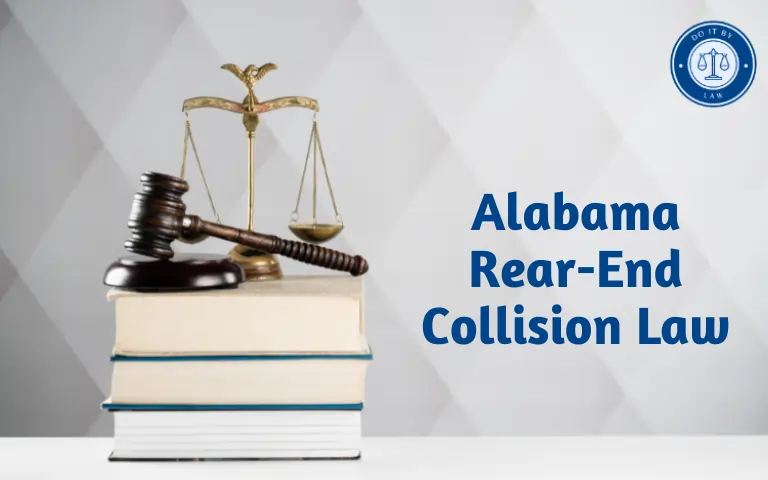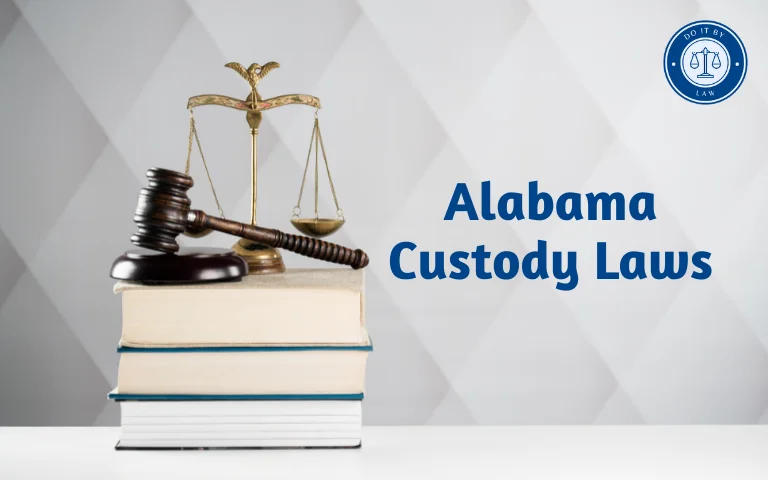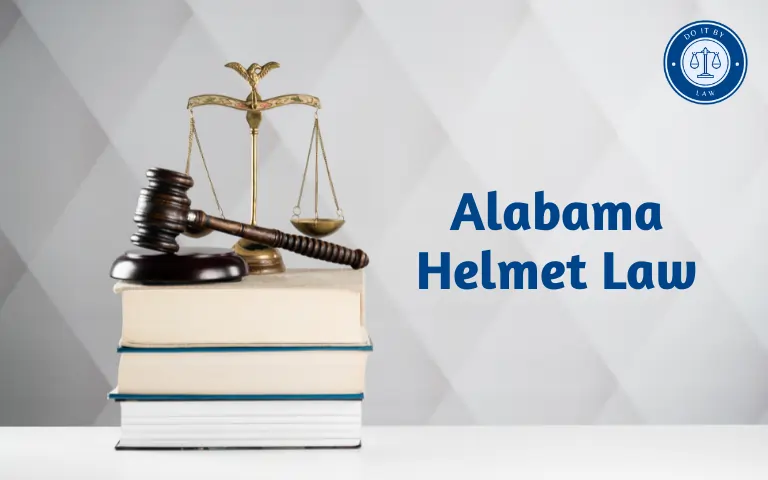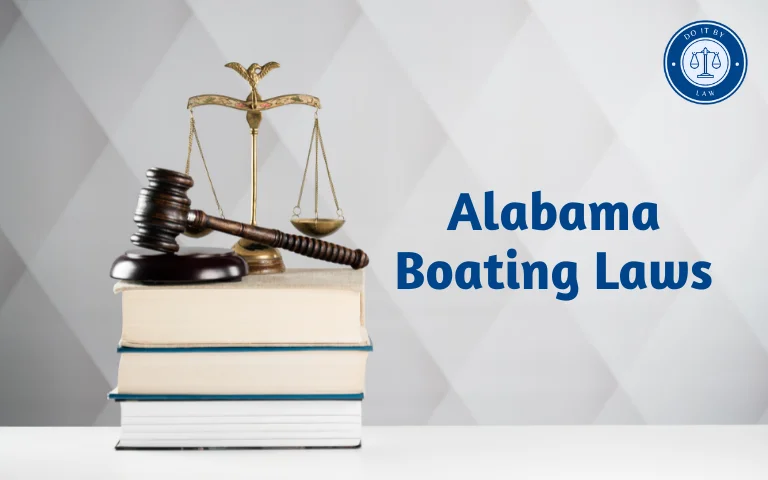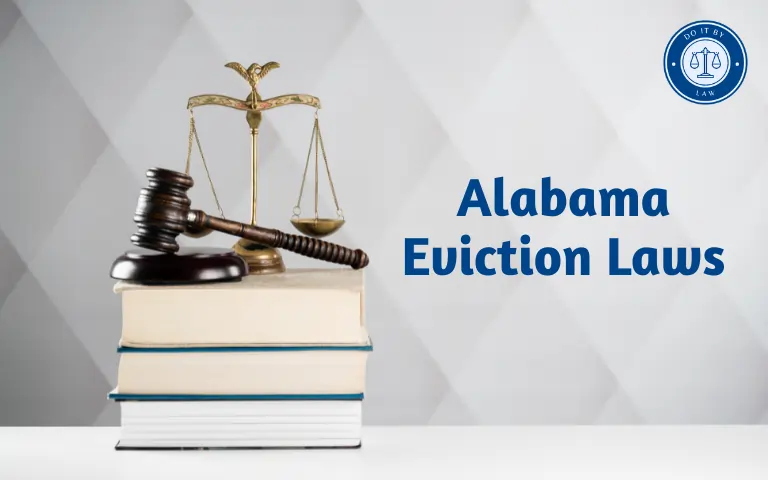Alabama Repossession Laws: What You Need to Know
Repossession is the process of a lender taking back an item, usually a car or other property, from a borrower who has failed to make payments as agreed upon in the loan contract. Alabama repossession laws govern the repossession process and the rights of lenders and consumers.
This article will provide an overview of Alabama laws, including when they were enacted, who they apply to, key provisions, recent changes, controversies, and frequently asked questions. Understanding the Alabama state repossession laws is important for lenders and borrowers in Alabama.
Background of Alabama Repossession Laws
Alabama’s repossession laws have developed over time through legislation, regulations, and court rulings. The passage of the Uniform Commercial Code (UCC) in Alabama in 1966 established baseline rules for enforcing security interests in collateral property for business and consumer transactions.
Specific statutes governing repossession procedures were added in Alabama in the 1970s and 1980s. These laws are codified today primarily under Title 5 and Title 32 of the Alabama state code covering commercial law and motor vehicles respectively.
Courts have also issued important decisions shaping repossession laws in Alabama. So while repossession basics have been longstanding in Alabama, modernization continues through new laws and evolving case law.
Why Do Repossession Laws Exist in Alabama?
There are several public policy reasons for Alabama repossession laws:
- To establish standards for lawful repossession and protect against breach of peace risks.
- To clarify procedures for default notices, right to cure defaults, and timeline for borrowers to redeem collateral.
- To balance lender remedies and consumer borrower protections.
- To require licensing and regulate the conduct of repossession companies.
- To delineate consequences and remedies for violations.
- To give guidance to courts in resolving repossession disputes.
- To make the lending market more equitable and efficient through uniform rules.
Who Do Alabama Repossession Laws Apply To?
The repossession laws in Alabama apply to:
- Lenders financing consumer or commercial transactions secured by collateral in Alabama. This includes banks, credit unions, auto financiers, title lenders, retail installment lenders, etc.
- Borrowers who have fallen behind on payments for a loan on secured property in Alabama. Most often vehicle loans but also other personal property.
- Repossession agencies hired to take back collateral in Alabama.
- Law enforcement agencies assist with or monitor repossessions.
- Courts adjudicating repossession cases in Alabama.
Key Provisions of Alabama Repossession Laws
Some of the key aspects of Alabama repossession laws include:
Notice of Default and Right to Cure:
- Lenders must send borrowers a written notice of default allowing curing the default, typically 10-15 days.
- The borrower has the right to cure by paying past-due payments and fees.
- A lender cannot repossess until providing a proper notice period.
Repossession Process Rules:
- Repossessions may only be performed by licensed agents, not lenders directly.
- Agents cannot breach the peace such as trespassing or threatening force.
- A repossession order from the lender must be shown if requested.
- Inventory of removed personal property must be provided to the borrower.
Redemption Rights:
- Borrowers have the right to redeem collateral by paying the loan balance in full, for either 10 or 15 days after repossession based on collateral type.
- Redeeming borrowers must also reimburse repossession costs.
- Borrowers can request an accounting of the outstanding balance during the redemption period.
Sale of Repossessed Property:
- Lenders must provide notice to borrowers before disposing of collateral.
- Collateral must be sold in a commercially reasonable manner.
- Borrowers are entitled to any surplus from the sale above the loan balance.
Penalties for Violating Alabama Repossession Laws:
- Improper repossessions can void a lender’s security interest in the property.
- Breaching peace during repossession can lead to civil liability or criminal charges.
- Violations by unlicensed repossession agents may result in fines.
- Borrowers can sue for economic and non-economic damages related to unlawful repossessions.
Recent Changes to Alabama Repossession Laws
Some notable recent changes include:
- New regulations on repossession license requirements and agent conduct were enacted in 2019.
- Court rulings against certain co-signer deficiency judgment collections after improper vehicle repossessions.
- Clarification on how federal bankruptcy automatic stay impacts Alabama repossession proceedings.
- Updated provisions for online auction sales following repossession.
- Statutory amendments extend the borrower redemption period from 10 to 15 days for certain collateral.
Controversies and Issues with Alabama Repossession Laws
There is debate around reforming certain aspects of Alabama repossession laws:
- Consumer advocates argue for longer default notice periods.
- Questions over whether the redemption period should be extended.
- Calls for more transparency in post-repossession disposition of collateral.
- Disagreement over limits on lender pursuit of deficiencies from borrowers post-repossession.
- Whether stricter regulation of repossession agent practices is needed.
- If newer online auction methods adhere to “commercially reasonable” standards.
- How to balance lender and investor interests with consumer protections.
Alabama policymakers continue working to modernize the state’s repossession laws in response to emerging issues and changing technology and markets.
Frequently Asked Questions About Alabama Repossession Laws
Conclusion
Alabama repossession laws aim to achieve a fair balance between lender remedies and consumer protections. Parties should understand the state statutes and case law precedents governing lawful repossession, borrower notification and rights, disposition of collateral, and consequences of violations. Both lenders and borrowers in Alabama auto loans and other finance transactions secured by property can avoid repossession disputes by following the provisions of state law.
References:
[List Alabama repossession statutes and major repossession case rulings]

